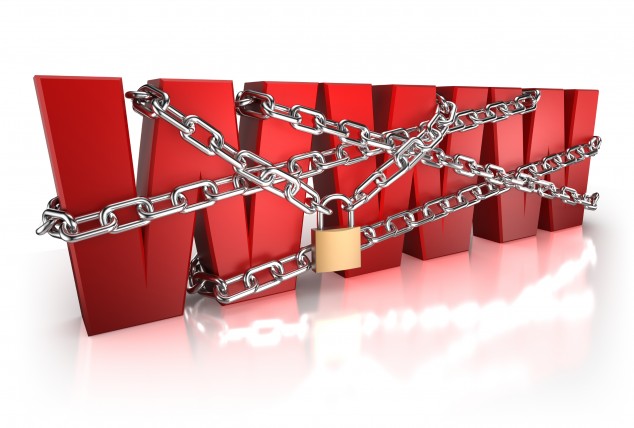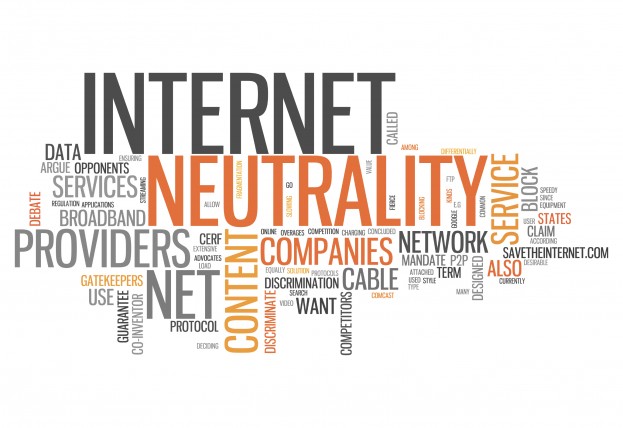Why Net neutrality is critical to saving the Internet & why you should act now like your hair is on fire
If Net neutrality was something you heard about but didn’t pay much attention to, far less understand, you need a wake up call.
Because the erosion of this neutrality can have significant adverse effects all round: on innovation, on the next start-up, on the incubation of ideas, on the Net as we know it, a platform that helps to make the world flatter and more equal.
So, we tell you what the term means and what you can and should do to keep it open and free. Believe us, it matters!
1. What is Net neutrality?
It’s simply the idea that the Internet should be a platform where no one (in this case the ISPs like Airtel, Vodafone, Tata Docomo, etc.) can or should determine or control your right to access content and services online.
That is, no ISP should be able to block, discriminate or “slow lane” certain content or apps as they enter your home and reach your device. Or, no ISP should be able to encourage or promote specific content against its rival content for a fee.
The ISPs should provide the bandwidth to access the Net, for which they are remunerated, and the subscriber should have full freedom to consumer what he wants without any interference.

2. Why is Net neutrality important and critical?
The Internet, as an open platform, has spawned many innovations and ideas. Without an easy and open access Internet, many of the game-changing start-ups like Google, Twitter or Facebook or even a Flipkart would not have turned out the way they have.
Let us say, you are an avid viewer of Youtube, which is free content. A rival comes in and tells your ISP, let’s say Airtel, that they are willing to pay for carrying their app on Airtel, provided YouTube is either blocked or slow-laned; and access is restricted to those who pay extra for YouTube.
Now, if Net neutrality is not maintained there is potential for this to happen to every content or service with very adverse consequences for innovation and new ideas.
The AIB does its bit to save the Internet and breaks the issues down for you in its own inimitable way. Take a look.
3. Why is the Net Neutrality suddenly in the news in India?
There is a perception that the leading telcos in India have ganged up to break the codes of Net neutrality. The advocates of neutrality argue that the TRAI (the Indian telecom regulator), under pressure from the telcos, has put up a “biased” consultation paper asking for public opinion on allowing telcos to break Net neutrality.
The paper argued that the telcos have spent a lot of money building the networks and that they get nothing out of the apps and innovation that have been built on top of the network for free.
The counter to that is that while the people who took advantage of Net neutrality ideated and innovated, the telcos sat on their haunches. The telcos could have built the content and services too, but they did not.
Let me put it another way. We pay the power company for providing us with electricity and we use many appliances on that electricity. Imagine the absurdity of a situation where the power company decides to charge us extra for running, say, a refrigerator, on the electricity it supplies. Or, decides that while the refrigerator from Samsung can run on it, the one from Panasonic can’t.

4. Is it just a false alarm or is the threat real?
Recently, Airtel launched its new service Airtel Zero. On the face of it, it looks cost-efficient for the consumer as the content allows an online player to pay for the data instead of the user, thus making it free for the user.
But in fact what it does is divide the Internet into paid and free. This will work against innovators who do not have deep enough pockets to pay the telcos for maintaining free access.
Players with big money will corner access, since users will naturally gravitate to the free access. So we will end up by creating the haves and have-nots of the Internet.
Why would anyone pay to use a better product when a company is giving average products for free? BTW, Flipkart signed up for Airtel Zero and is being roasted for it.
5. What is the position in other countries where Net neutrality has become and issue?
Countries like the US, Chile, Netherlands and Brazil have already adopted Net neutrality, which does not allow discrimination of Internet content or the charging of users based on the content, site, or platform.
6. What can we citizens, do?
The TRAI has given time until April 24 for opinions on the consultation paper to be received. One of the leading players in the forefront of the effort to keep the Net neutral in India is http://www.netneutrality.in/ or http://www.savetheinternet.in/. Log on there and follow the instructions to send a ready made petition to TRAI. It takes no time, just three clicks.
Other than the above, share links to net neutrality articles and campaigns on social media. Make sure you use the hashtag #NetNeutralityIndia.
You can also independently write to TRAI to express your opinion on advqos@trai.gov.in, the TRAI mail id on Net neutrality,
Also, have conversations with your family, friends, colleagues and acquaintances about this. Spread the word and inspire people to act.

OMG-inducing, share-compelling, like-attracting, clutter-breaking, thought-provoking, myth-busting content from the country’s leading content curators. read on...
